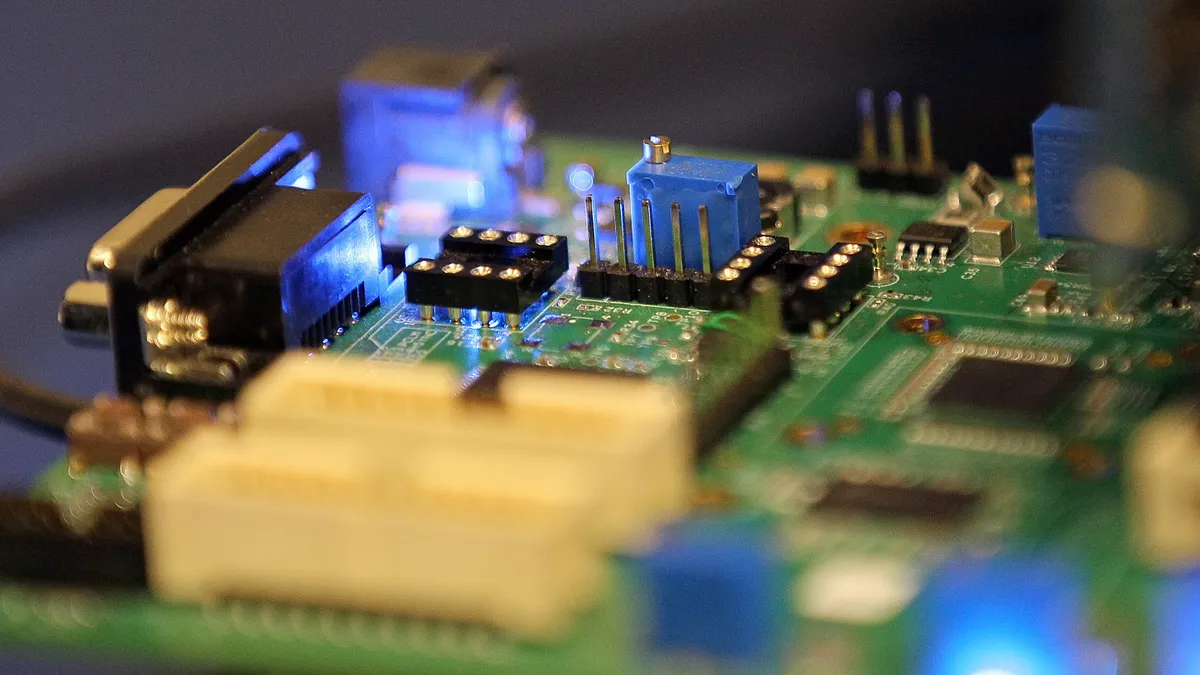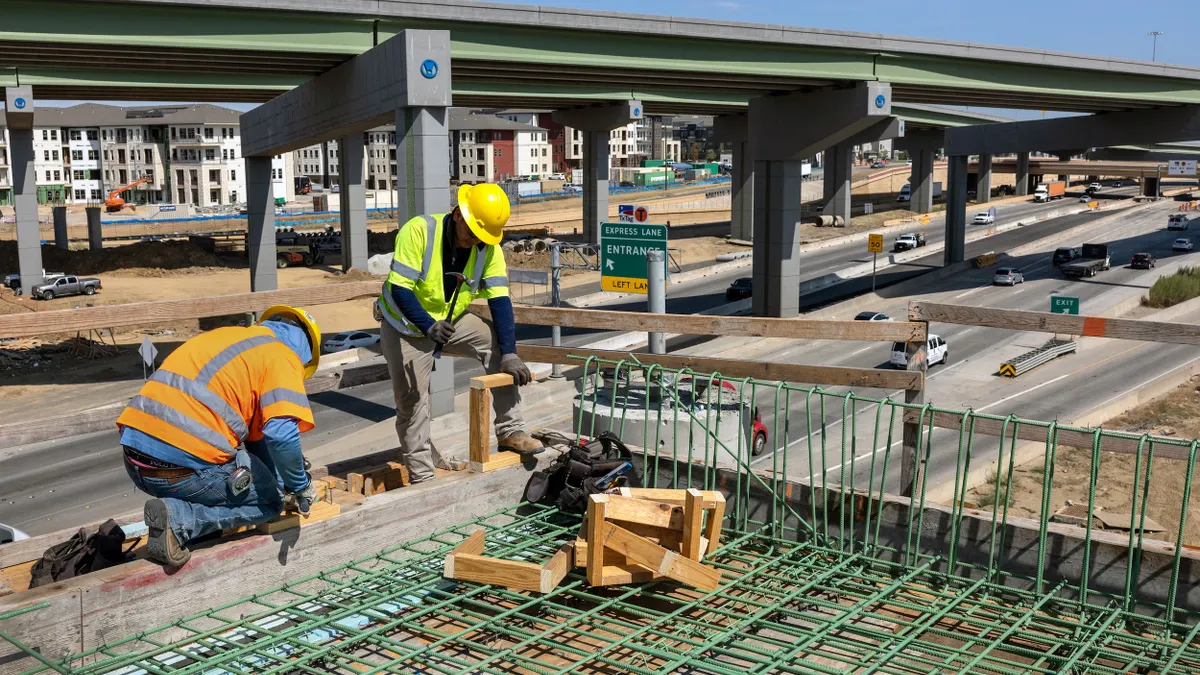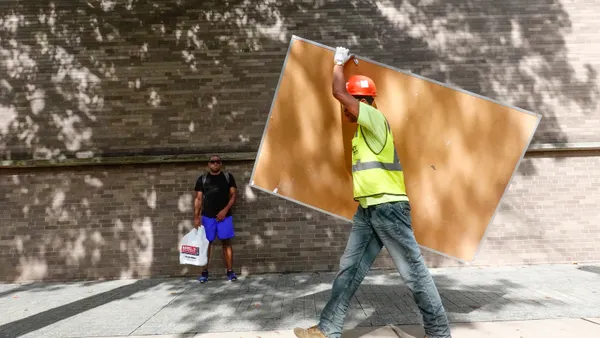Dive Brief:
- The Taiwan Semiconductor Manufacturing Co., the world's largest manufacturer of semiconductors on contract, has broken ground on a $12 billion, 3.8 million-square-foot manufacturing complex in Phoenix, according to Bloomberg and local media reports.
- Bloomberg reported that C.C. Wei, the firm's CEO, said that construction is "well under way" during the company's annual technology presentation to clients and investors and remains on track for production to start in 2024.
- But ABC 15 Arizona, citing Asian media reports and City of Phoenix documents, reported that the plant could be three times larger than originally announced, with a total investment of closer to $35 billion and six factories on a fabrication mega site. Reuters has reported that a more advanced 3 nanometer-chip plant on the site could cost between $23 billion to $25 billion, and that investment in the Phoenix campus will roll out over 10 to 15 years.
Dive Insight:
President Joe Biden has called for $50 billion in funding to encourage domestic semiconductor production as part of his proposed infrastructure plan, and the Senate recently proposed $52 billion to help the U.S. compete with China.
If TSMC's factory plans come to fruition, it could be seen a coup for the Biden administration, especially in contrast to the would-be, $10 billion Foxconn LCD manufacturing plant that former President Donald Trump tried, but ultimately failed, to broker in Wisconsin.
That said, the Biden administration's bet on domestic chip manufacturing, even by foreign-owned companies on American soil, comes with its own complications. Biden signed an executive order on June 4 that expands a Trump-era ban on U.S. investment in Chinese companies believed to have ties to the Chinese military, extending a list of 31 prohibited firms to 59.
The kickoff to construction comes at a time when many proposed projects have been hamstrung by skyrocketing material costs. But it also has progressed amid a global shortage of computer chips that has effected everything from automobile manufacturing to PC supplies.
For example, Calgary, Canada-based Graham Construction found itself scrambling earlier this year as it tried to carry out a routine refresh of laptops and computers for its workers.
"We had to accelerate our purchases because we knew with the shortages that the vehicle makers were seeing, we would see that on our own laptops and desktops," said Matt Gramblicka, vice president of IT and enterprise applications at Graham. "We tried to stay in front of it as best we could."














